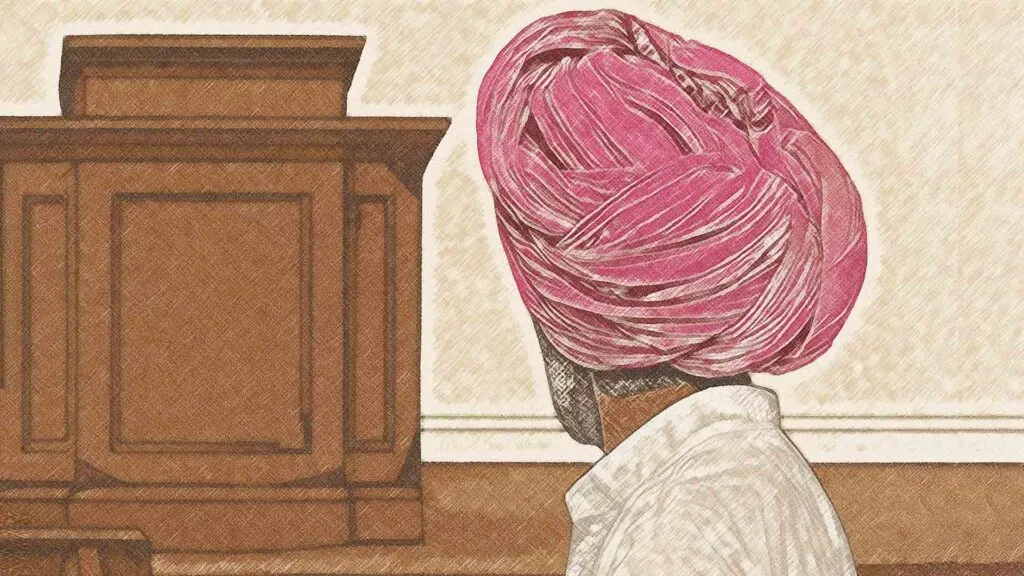Just three weeks before having to appear in court to defend their bylaw that censored pictures of pre-born children, the city of St. Catharines blinked and backed down.
ARPA Canada took the city to court in response to a bylaw that forbid delivering any image of a fetus to a private residence unless the material was placed in a sealed envelope with a warning label attached to it. ARPA argued that this bylaw infringed the Charter-protected freedoms of conscience, religion, and expression and was crafted to suppress pro-life content.
As the court date drew close, the St. Catharines Standard reported that “councillors repealed the bylaw Monday night after an in-camera meeting with the city’s solicitor.”
The turn-about is a good example of the importance of legal action, and the judicial branch of government more generally, as a check against the overreach of government agents using their power to suppress justice and truth. Although the federal and provincial legislatures tend to get the most attention, it is the cities and towns (the municipal level) that most commonly violate the fundamental freedoms protected in the Charter.
The newspaper quoted extensively from ARPA’s lawyer John Sikkema, who led the challenge. “The real aim of the bylaw was to suppress opposition to abortion,” he explained to the paper.
“Suppressing pro-life speech because some people find it offensive is not a pressing or substantial objective, as the Charter of Rights and Freedoms requires. Rather, in a free and democratic society, is an odious objective.”
In a separate note to supporters, ARPA explained that a further outcome of this is that “other cities considering similar bylaws will be much less eager to pursue them.”












